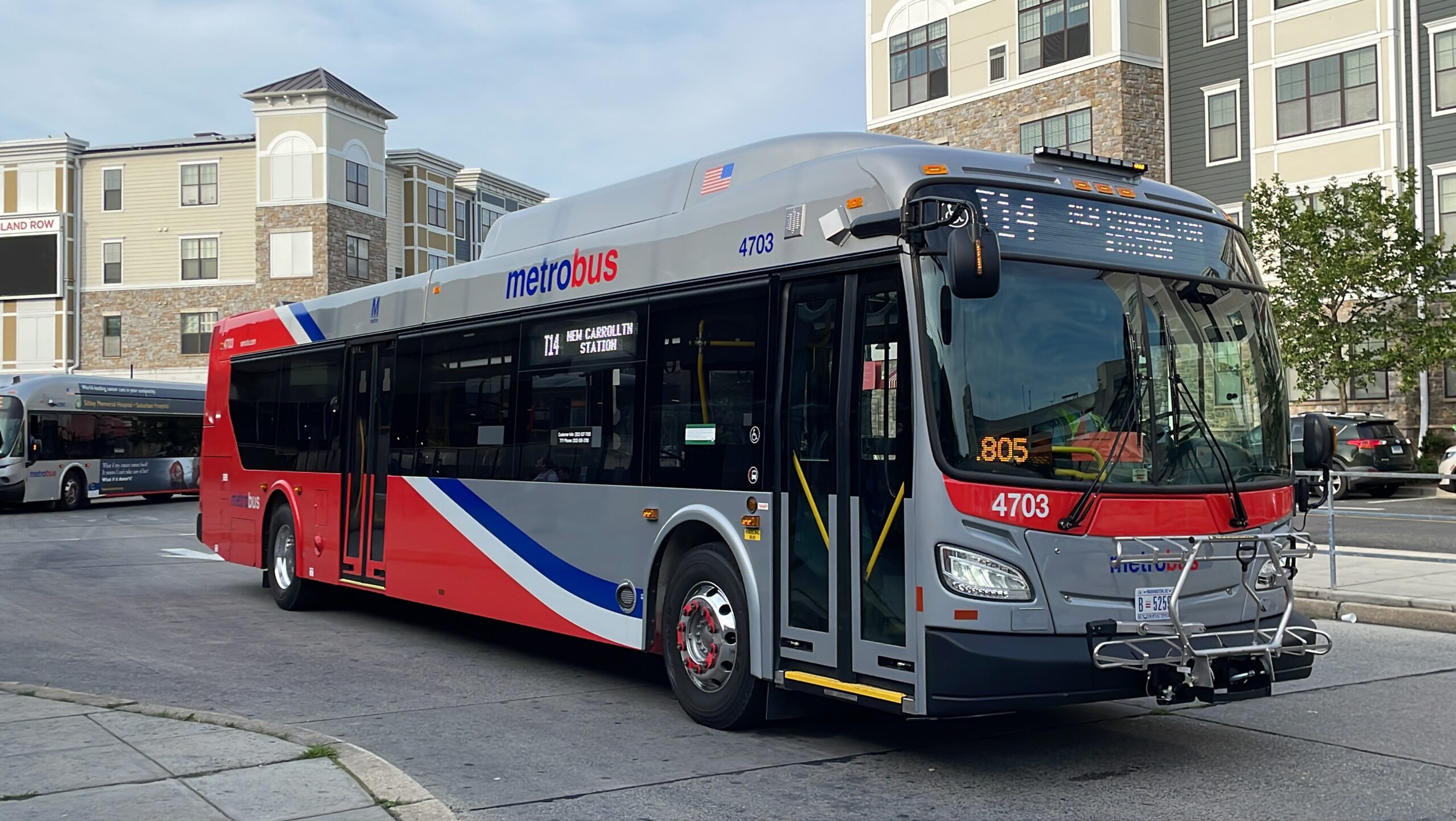In Archdiocese of Washington v. Washington Metro. Area Transit Authority (2020), the U.S. Supreme Court declined to review the Catholic Church’s challenge to having a religious ad for the side of buses rejected by the Washington Metro Area Transit Authority.
The Archdiocese of Washington sought to place an ad during Christmas time featuring a silhouette of three shepherds and a sheep with the words “Find the Perfect Gift.” When the ad was rejected because of its religious content, the Archdiocese filed a federal lawsuit.
Appeals court had upheld ban on religious ads on metro buses
The U.S. Court of Appeals for the D.C. Circuit upheld the Transit’s Authority’s guideline prohibiting ads with religious content from a First Amendment challenge.
The guideline in question read: “Advertisements that promote or oppose any religion, religious practice or belief are prohibited.” The Archdiocese of Washington then sought Supreme Court review.
On April 6, 2020, the U.S. Supreme Court denied certiorari.
Justice Gorsuch wrote that banning religious ads was viewpoint discrimination
However, Justice Neil Gorsuch authored a statement respecting the denial of certiorari, which was joined by Justice Clarence Thomas. Gorsuch wrote that the actions by the transit authority amounted to “viewpoint discrimination by a government entity and a violation of the First Amendment.”
Gorsuch pointed out that the transit authority had allowed other so-called “secular” ads related to Christmas but rejected the Archdiocese’s religious ad.
“But once the government allows a subject to be discussed, it cannot silence religious views on that topic,” he explained. “And once the government declares Christmas open for commentary, it can hardly turn around and mute religious speech on a subject that so naturally invites it.”
Gorsuch concluded: “The First Amendment requires governments to protect religious viewpoints, not single them out for silencing.”
This article was published April 20, 2020. David L. Hudson, Jr. is a First Amendment Fellow at the Freedom Forum Institute and a law professor at Belmont who publishes widely on First Amendment topics. He is the author of a 12-lecture audio course on the First Amendment entitled Freedom of Speech: Understanding the First Amendment (Now You Know Media, 2018). He also is the author of many First Amendment books, including The First Amendment: Freedom of Speech (Thomson Reuters, 2012) and Freedom of Speech: Documents Decoded (ABC-CLIO, 2017).

